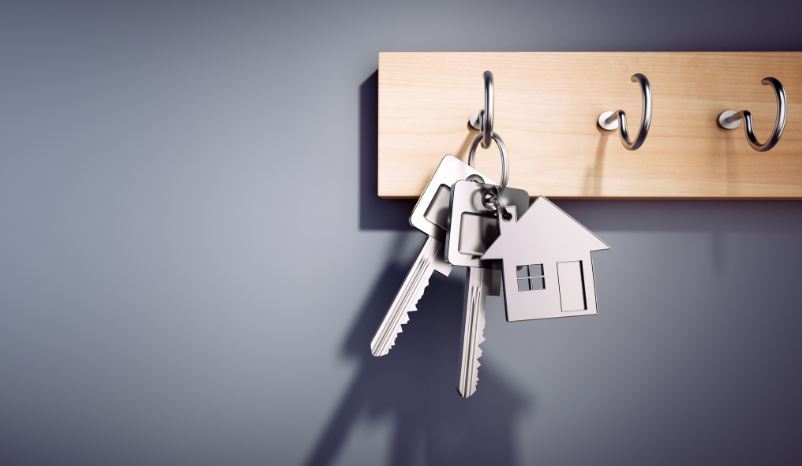
Start Saving
First thing’s first – set up a savings account and start putting money away every week or month to ensure you have a deposit ready when the time comes! If you’re a first time buyer you will need 10% of the property value as your deposit; if you’re a second time buyer you will need 20%.
Proof of Income
Prepare the documents that you will need in order to show the bank or lender that you have an income to support the mortgage amount you are looking to borrow.
Check Credit History – Everyone who applies for a mortgage will need to pass a credit check, which is an assessment of your financial history. This will highlight any previous loans, debts, arrears and your track record on meeting repayments to demonstrate sensible money management. If you aren’t sure what your credit history is, you can request an free evaluation from the Irish Credit Bureau via the Central Credit Register website.
Start Preparing All Relevant Documents
As well as providing your proof of income with recent payslips, there are other documents you need might depending on the lender and whether you’re a first time buyer/self employed/building your own home. Other documents you’ll usually need to provide:
-
- Photo ID, proof of current address and proof of your PPSN
- Six months of bank statements/financial history
- Three months of credit card statements
- Stamped employment status report
- Most recent P60 or your employment details summary
Research Available Home Buying Initiatives
There are supports available for those looking to purchase properties such as the Help to Buy Scheme or the new First Home Scheme (introduced in 2022). You can find out more on the Citizens Information website which includes eligibility and criteria required to avail of these schemes.
Research Mortgage Rates
Before you decide on a lender, make sure to research and shop around first! Take the time to compare interest rates to give you a better understanding of your monthly repayments. You can then decide between a Fixed or a Variable Mortgage Rate:
• Fixed rate mortgage: interest rate and repayments stay the same
• Variable rate mortgage: interest rates can go up and down, and repayments can change

